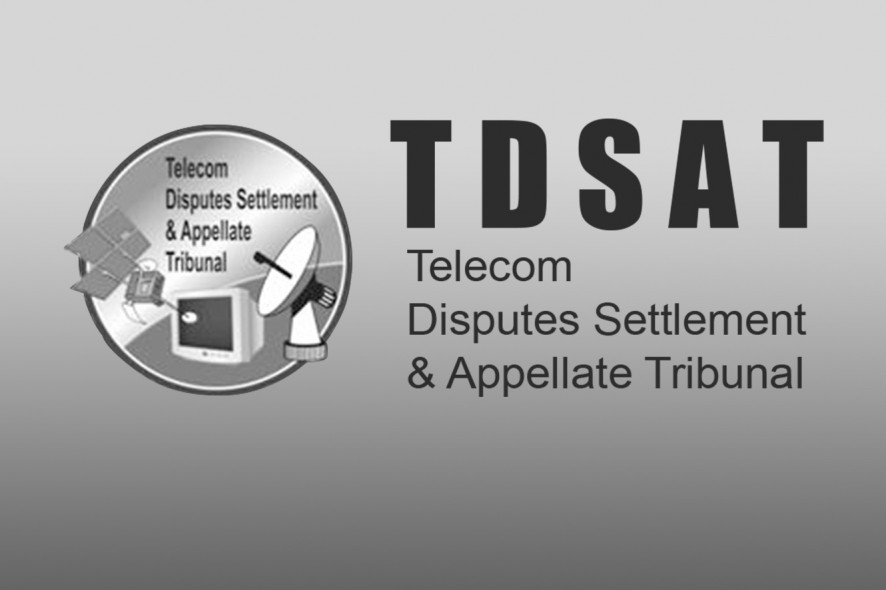Telecom Disputes Settlement and Appellate Tribunal (TDSAT): Justice Shiva Kirti Singh, (Chairperson) while not granting any interim relief to the petitioners upholds that the amendment Regulations 2018 cannot have retrospective operation.
The two respondents, Tata Communications Ltd. and Bharati Airtel Ltd., are owners of facilities called Cable Landing Operations. For these, they are entitled to levy three distinct charges: (1) Access Facilitation Charges (2) Co-Location Charges (3) Operation and Maintenance Charges. Prior to June 2007, the charges were based purely on a contract basis. In 2007, TRAI issued “International Telecommunication Access to Essential Facilities at Cable Landing Stations Regulations, 2007” (2007 Regulations). This introduced the requirement of framing of Cable Landing Stations – Reference Interconnect Offer (RIO) calculated on cost-based method. Such RIOs for all the three charges were required to be submitted to TRAI, the Regulator for approval.
On 21.12.2012, TRAI fixed all the three charges vide Notification brought into effect the “International Telecommunication Landing Stations Access Facilitation Charges and Co-Location Charges Regulations, 2012”.
The respondents filed writ petitions in Madras High Court as the charges fixed by the TRAI were lower to the earlier charges.
The petitioners prayed for interim relief against demands made by the respondents on the ground that if the amendment Regulations of 2018 prescribing the same rate of charges which were applicable earlier from 01.01.2013 are treated as retroactive and effective from 01.01.2013.
Counsel for the Petitioner, Venkat Raman relied on a judgment of Zile Singh v. State of Haryana, (2004) 8 SCC 1, the amendment Regulations 2018 have used the word “substitute” for replacing the Schedules of 2012 with that of 2018, this shows that the intention of the Regulator was to give effect to the new schedules from 01.01.2013.
Counsel for the Respondent submitted that the word “substitute” will not make any difference by relying on a judgment of Sri Vijayalakshmi Rice Mills v. State of A.P., (1976) 3 SCC 37. He further submitted that as per Section 36 of the TRAI Act, 1997, TRAI being a delegate has no authority to frame Regulations with retrospective effect.
The Court observed that the exercise of determining charges by TRAI is like the determination of tariffs and not procedural. It creates rights and liabilities for the concerned service providers and hence cannot be retrospective in absence of provisions to that effect in the TRAI Act.[Reliance Jio Infocomm Ltd. v. Tata Communications Ltd, 2019 SCC OnLine TDSAT 1732, decided on 07-11-2019]






